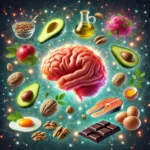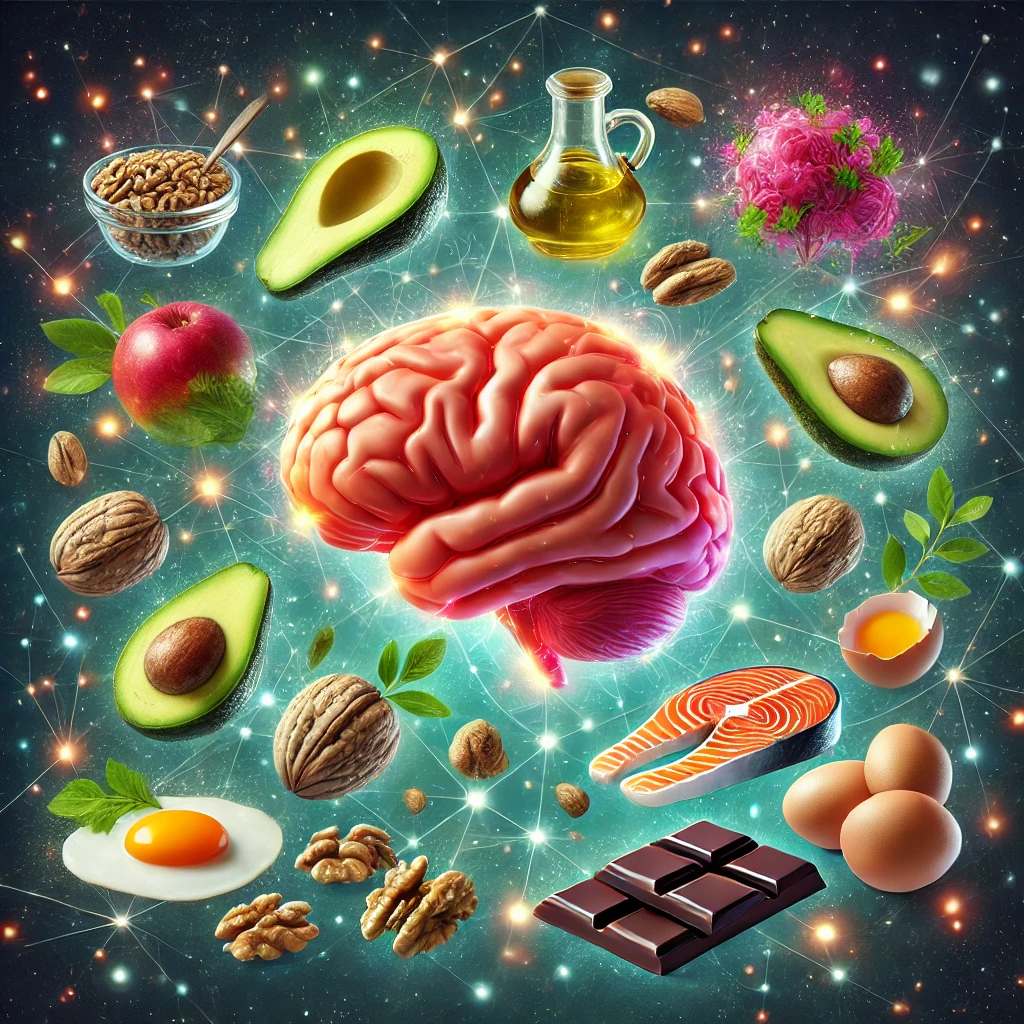In recent years, research has uncovered something fascinating: the food we eat doesn’t just nourish our bodies, it also has a profound effect on our minds. Growing evidence suggests that the gut and brain are closely linked, a connection that plays a pivotal role in shaping our mood, emotions, and overall mental health. While we’ve long known that a healthy diet is essential for physical well-being, it’s becoming increasingly clear that what we eat can directly influence how we feel mentally.
In this article, we’ll explore the science behind the gut-brain connection, the diets that may boost mental health, and practical steps you can take to support your emotional and mental well-being through food.
The Gut-Brain Connection: How Your Diet Influences Your Mood
Historically, mental health has been treated with therapies like counseling, medication, and, in some cases, hospitalization. However, a growing field of study called nutritional psychiatry is shedding new light on how nutrition can play a role in treating mental health conditions. This emerging field recognizes that dietary changes can be just as essential to managing mental health as more traditional treatments.
The brain and the gut are constantly communicating through a complex network of nerves, chemicals, and hormones. In fact, the gut is often referred to as the “second brain” because of the vast network of neurons it contains. This system influences your brain’s ability to produce neurotransmitters such as serotonin, often referred to as the “feel-good” chemical that regulate mood and emotional responses.
So, how exactly can your food choices influence your mental state? A well-balanced diet rich in nutrients helps to maintain the healthy function of this gut-brain axis, while an unhealthy diet can disrupt it, potentially leading to mood swings, anxiety, and other mental health challenges.
Diets That Support Mental Well-Being
While there’s no one-size-fits-all approach to diet and mental health, several dietary patterns have been shown to support better emotional well-being.
- The Mediterranean Diet: Known for its emphasis on whole foods like fruits, vegetables, whole grains, lean proteins (particularly fish), and healthy fats (especially olive oil), the Mediterranean diet is one of the best-known diets linked to improved mental health. Studies have shown that individuals who follow this diet tend to have lower rates of depression and anxiety.
- The DASH Diet (Dietary Approaches to Stop Hypertension): Originally developed to manage blood pressure, the DASH diet is also rich in nutrients that support mental health. It encourages a high intake of vegetables, fruits, lean proteins, and low-fat dairy, while limiting sugar and processed foods key factors in promoting brain health.
- A Plant-Based Diet: Diets high in fruits, vegetables, legumes, and whole grains have been shown to reduce symptoms of depression and anxiety. Plant-based foods are packed with antioxidants, vitamins, and fiber, which help reduce inflammation and support overall brain function.
- Probiotic-Rich Foods: Since the gut plays such a crucial role in regulating mood, incorporating probiotic-rich foods like yogurt, kefir, kimchi, and sauerkraut can have a positive impact on mental health. These foods support a healthy gut microbiome, which, in turn, can help balance mood-regulating neurotransmitters in the brain.
Small Steps You Can Take to Support Mental Health Through Diet
Improving your mental well-being doesn’t require drastic changes overnight. Here are a few simple ways to get started:
- Focus on Whole Foods: Try to replace processed foods with more whole, nutrient-dense options like fresh fruits and vegetables, lean meats, whole grains, and healthy fats.
- Increase Omega-3 Fatty Acids: Omega-3s are essential for brain health. Incorporate foods like salmon, flaxseeds, and walnuts into your meals to boost your intake.
- Limit Sugar and Processed Foods: Excessive sugar and processed foods can contribute to inflammation in the brain and worsen mood disorders. Try to reduce your consumption of these items and focus on foods that are nutrient-rich.
- Stay Hydrated: Dehydration can negatively affect mood and cognitive function, so be sure to drink plenty of water throughout the day.
- Mind Your Gut Health: Include fermented foods like yogurt, kombucha, and miso in your diet to support your gut microbiome, which plays a role in regulating your emotional health.
Conclusion: Nourishing Your Mind Through What You Eat
The connection between diet and mental health is a powerful one. By focusing on nutrient-dense foods and adopting dietary patterns that support the gut-brain connection, you can make meaningful strides in improving your mental and emotional well-being. It’s not just about feeling physically healthy, it’s about nurturing your mind, too.
Remember, small changes over time can have a big impact. By paying attention to what’s on your plate, you can fuel your mind for a healthier, happier life. So, next time you sit down to eat, think about how your food choices are supporting not only your body but also your mental health.











